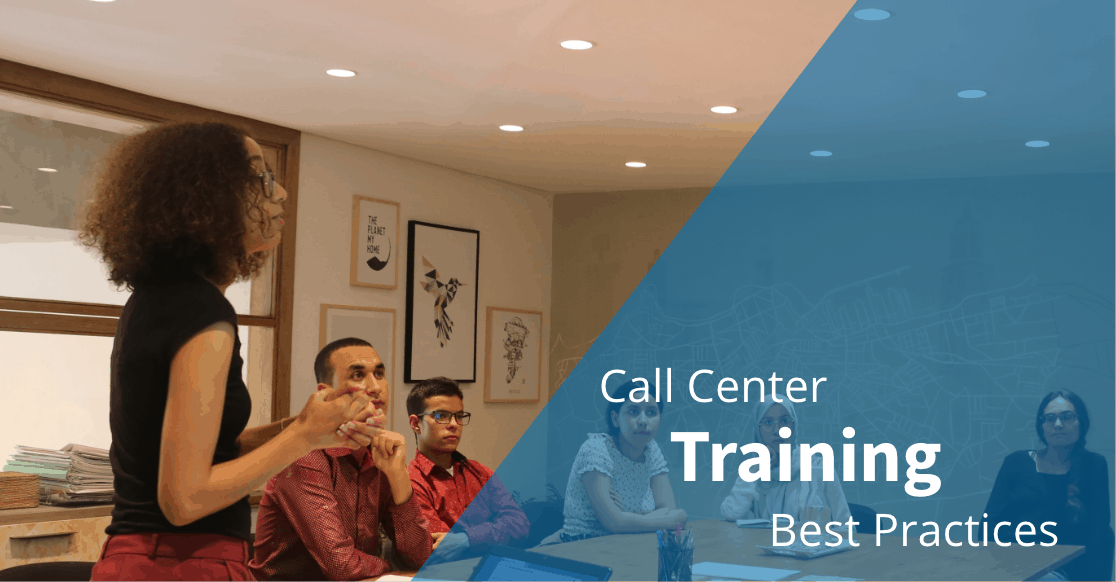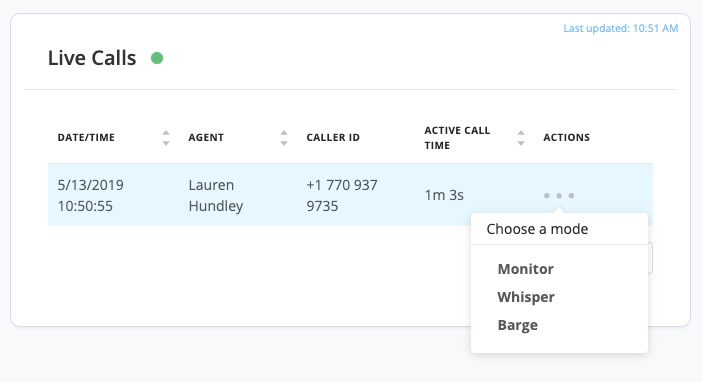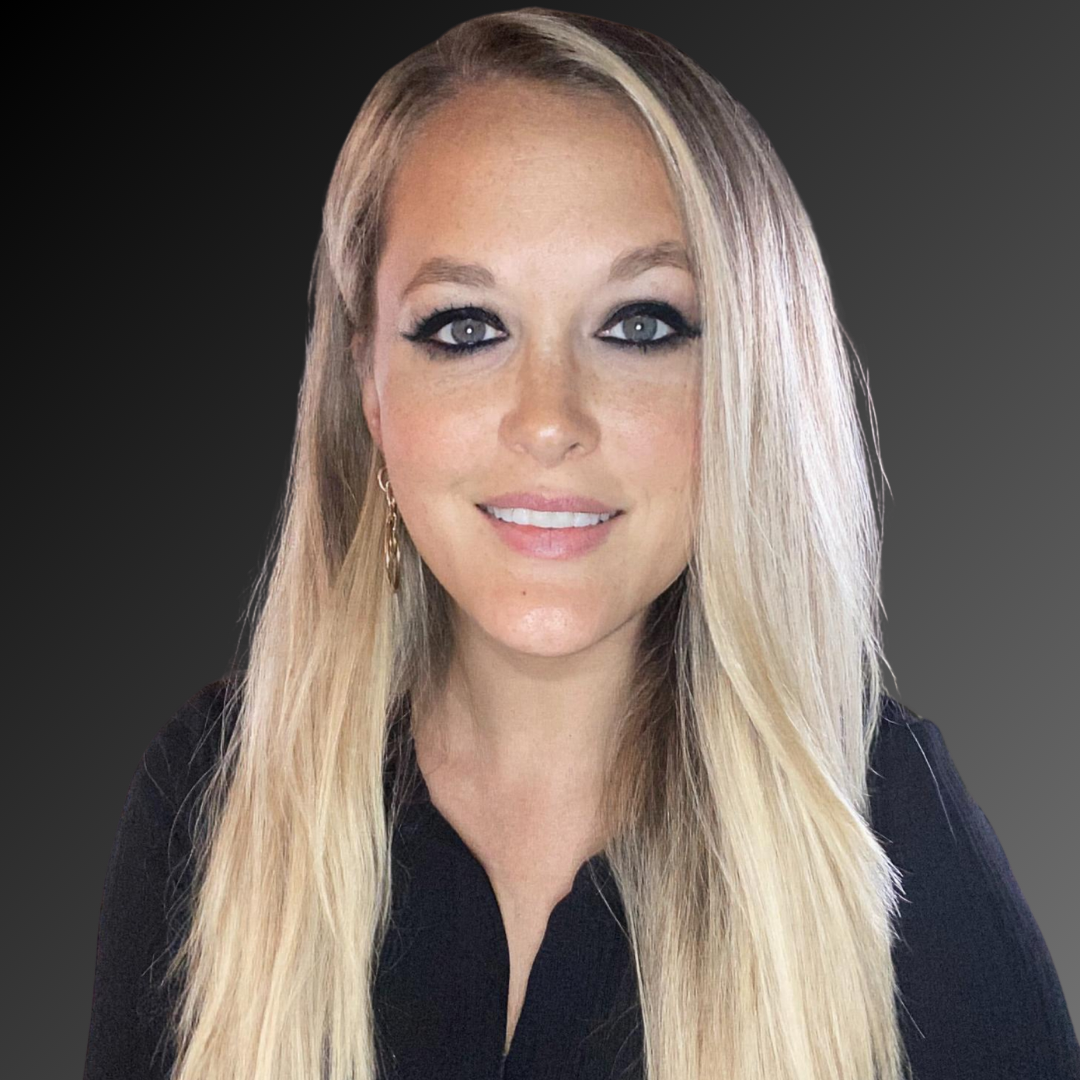Top 7 Call Center Agent Training Tips, Techniques, and Best Practices

Call center agent training is one of the most researched topics when it comes to customer experience. However, managers still have huge problems identifying the best call center agent training techniques for their teams. When agents are asked how they would recommend improving their team's performance, better call center training methods are always towards the top of the list.
However, improving your call center's agent training process is easier said than done. We know it's frustrating. But the fact is, every team is unique in their own way. But with 20 years of experience, here are the best call center training tips that we working in almost every industry or structure your team is working in.
Related: Try 2022's top cloud contact center software risk-free.
Top Call Center Training Tips in 2022
Before we dive-in to our list, here's a quick summary of what you will find below:
- Understand and Implement Multiple Call Center Training Methods
- Make Engagement Part of Your Call Center Training Strategy
- Maintain a Call Center Etiquette Checklist
- Explain Opportunities for Advancement During Your Agent's Training
- Implement Call Center Quality Assurance Training Tools
- Track the Right Goals on Your Call Center Agent Scorecard
- Motivate Your Call Center Agents with Incentives That Actually Matter
Understand and Implement Multiple Call Center Training Methods
1-on-1 Agent Training
Set up 1-on-1’s with agents to learn about their strengths and weaknesses. Not every agent will have the same starting point and this gives you a chance to modify your training course to get every agent on the same page.
Mentor Training
Pairing new agents up with top-performing agents to get some first-hand experience on how to handle customers. This training style is my favorite because not only does it give the agent hands-on experience but it also empowers the mentor to new opportunities for career growth themselves! There will be more on these incentives later, but its a win-win for both the agent and the mentor!
Classroom Training
This is perfect when going over team expectations and goals, and the basic etiquette for call center agents.
E-Learning
E-learning should be kept to a minimum just to go over some prerequisites that are important for agents to understand before they begin utilizing other training. This type of training has low engagement rates so it is essential to only use it for the basics.
Live Call Training
Letting your newer agents start to field customer calls while you/a supervisor is monitoring them via your contact center software. This allows you to take notes on where to coach them, use “call whisper” to give them tips as they go, or call barge to take over the call if things start getting overwhelming for your new agent.
Make Engagement Part of Your Call Center Training Strategy
Since training call center agents can be lengthy you want to keep the agents focused. The best way to keep them focused on learning new material is by switching things up. Mix in some hands-on training, live calls, or even lunch and learns. When you notice agents getting a bit tired or distracted, videos are a great way to grab some of that attention back! Some quick notes about training programs for call center agents:
- Call centers are already monotonous, and this is one of the top reasons cited by agents for job dissatisfaction. Even small improvements in agent engagement can have a huge impact on attrition.
- Of all the training methods commonly used in call centers, eLearning style training modules consistently have the lowest engagement ratings.
- Mentorship style coaching for new agents is not only one of the most effective call center training techniques; it also reduces attrition when you include incentive opportunities for the mentors.
Maintain a Call Center Etiquette Checklist
For some agents this might be their first job working in a call center and going over proper mannerism is important. While this might seem like a no brainer it is important to go over how an agent should react in certain scenarios. Not only is it essential to treat customers with polite etiquette, but also your co-workers. Proper etiquette reflects highly as your business's personality. Some important mannerism to remember is:
- Keep a calm and polite tone when handling a frustrated customer
- Use a warm, upbeat greeting voice when answering the call
- Have patience when newer agents ask questions regarding some of their calls
- Share advice on what you find working best to ensure customer satisfaction
- Work together on calls were difficult problems surface to solve them efficiently for the customer
Many call center managers include an "etiquette" category on their agent's performance scorecards. Some of the best metrics for this category that should apply to most situations include:
- Maintaining a friendly and professional tone throughout the call
- Using the correct pronunciation of the caller’s name
- Avoiding long silences during the call
- Never interrupting the caller
- Avoiding complicated jargon (explaining things that match the caller's understanding
- Utilizing active listening techniques during the call (should be included in your agent training process)
- The agent adapted their approach to providing service to the customer based on the customer’s unique needs, personality and issues
Explain Opportunities for Advancement During Your Agent's Training
One of the top 3 reasons for high turnover rates in the call center is a lack of upward mobility available for agents. Your agents should be bought into the call center's goal long before the training ends and they start taking live calls. To make that happen, they have to be able to envision the career benefits that come along with strong performance and consistency.
Having a strong communication network is important, especially when handling customers. Give your agents a place to report feedback, or ask any questions they might have. This also is a great place to talk about how a difficult case was handled or post about tips they have come up with when dealing with specific cases.
Also, look for opportunities to automate tedious tasks your agents have to do. For example, as you’re growing, you can often pay for certain CRM integrations so your agents automatically have customer info pulled up for their caller instead of always having to ask the caller to wait while they search them manually. This is a better experience for the caller and companies that invest in these tools generally see much lower attrition rates. The impact on employee morale is huge!
Implement Call Center Quality Assurance Training Tools the Right Way
Call center quality monitoring tools you should be utilizing during the later stages of your agent's training program include live call monitoring and manual agent performance scorecards.
Live Call Monitoring, Whisper, and Barge
Live Call Monitoring: Listening to agent interactions without them knowing is a non-negotiable quality assurance practice. Live call monitoring allows you to get more actionable information than you would from just looking at a metrics dashboard. This can also help identify cases where your metrics may be giving you the wrong impression of what is actually going on with your agents.
Call Whisper: This should be one of your most important agent coaching tools! Use call whisper to give your agent advice and help them work through difficult interactions without alerting the caller. When used properly, call whisper will help your agents gain the skills and confidence they need to be a great performer much faster than usual.
Call Barge: Your last resort when coaching your call center agent during live calls. Use call barge to take over when you a call has escalated out of the agent's control. Using this technique too often will have a negative effect on your agent's self-confidence and morale, so be sure you try using call whisper to provide support and give the agent a chance to work their way through the interaction themselves before you or one of your team leaders takes over the call.

Agent Performance Scorecards
Whether you have a software or not, it is important to take a certain amount of time each week to create a manual scorecard to assess your agents. Your QA scorecard should include sections identifying whether or not the agent followed best practices for your most important categories. The exact actions and categories to measure vary from one call center to another but most agents scorecards would at least include sections covering:
- Greeting
- Problem-solving ability
- Protocol compliance
- Call handling skills
- Customer service quality
- Call center etiquette
- Follow-up
Track the Right Goals on Your Call Center Agent Scorecards
Outlining what your companies key performance indicators are is important for agents to understand to lead to successful calls. Some of the KPI that are important to track are:
- Call Accuracy
- Average handle time
- Sales & Revenue
- Customer Satisfaction
- Attendance & Punctuality
- Productivity
Motivate Your Call Center Agents with Incentives That Actually Matter
When an agent reaches a goal that was set for them, for example reaching a certain number of conversion rates in a quarter it is important to make sure their hard work gets noticed. Some great examples of incentivizing the right metrics could be preferential scheduling; let the agent choose when they want to take a lunch break or potentially working from home some days. Company-wide recognition is also a great way to reward hard-working agents. This can be done with awards, or company lunch to show that the agent's work is highly appreciated.
If an agent is a top performer they are then given the responsibility to train and mentor new agents. This can also be a promotional motivator for top agents. If an agent is consecutively meeting the goals set for them, offering them the opportunity to become a permanent mentor for new hires gives these agents more recognition of their hard work leading to lower turnovers within the company. While this not only gives them a motivator to reach their goals, by creating this promotional step-up, you are ensuring that new hires are getting qualified training from the best within your company!
While new hires get more in-depth training, the training never stops! It is important to build a process where you regularly revisit and set new goals. It is important to meet 1-on-1 with agents to go over personal goals they want to reach while working in the company and offers a perfect place for feedback. Meeting and writing them down outlines not only outlines where the agent wants to be but gives you the opportunity to coach them on how to get there! Along with 1-on-1 training, including group style training for all agents on a routine bases keeps everyone on the same page!
